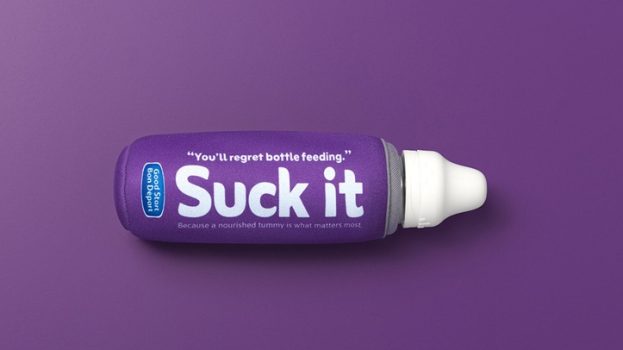As the use of single-use plastics becomes a growing concern around the world, the majority of Canadians are actively shopping for food that comes without plastic packaging, according to a new study out of Dalhousie University.
The research report was conducted by the school’s Agri-Food Analytics Lab to help better understand Canadians’ views on the use of single-use plastics – which are found in most food and product packaging, including straws, bottles and plastic bags.
According to the report, The single-use plastics dilemma: Perceptions and possible solutions, more than 93% of Canadians are motivated to reduce their use of single-use plastic food packaging due to its environmental impacts. Moreover, nearly 90% of respondents said they believe government regulations should be strengthened to reduce the amount of plastic being used in packaging, with 71.2% reporting they would support banning plastics entirely.
Of those surveyed, more than 56% said they actively shop for food with non-plastic packaging, with women (61.1%) being more likely than men (41.1%) to do so. And close to 90% believe plastic packaging should be changed to green alternatives (nearly 57% said they plan to buy more green-packaged goods over the next six months).
Views on the issue vary depending on region, age and society-economic factors, however. Millennials and Gen Zs are “generally more mindful” of single-use plastics than older generations, according to the report. Furthermore, people with incomes of more than $150 per year are “slightly more motivated” than those who earn less.
Similar differences could be found across geographic lines. Canadians living in the Atlantic and Quebec provinces are the most motivated to curb their reliance on single-use plastics (with 95.6% and 94.6% of people saying they are strongly motivated, respectively), while consumers in the Prairies were the least motivated (90.3%).
Loblaw announced this week that it will help bring sustainable packaging program Loop to Canada in a pilot next year in an effort to reduce waste. And Corona revealed it would bring its sustainability efforts to Canada through an expanded partnership with Parley for the Oceans.
The study was conducted over six days in May and includes responses from more than 1,000 people across Canada.
























